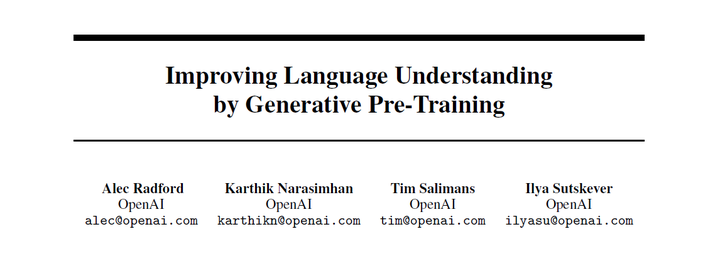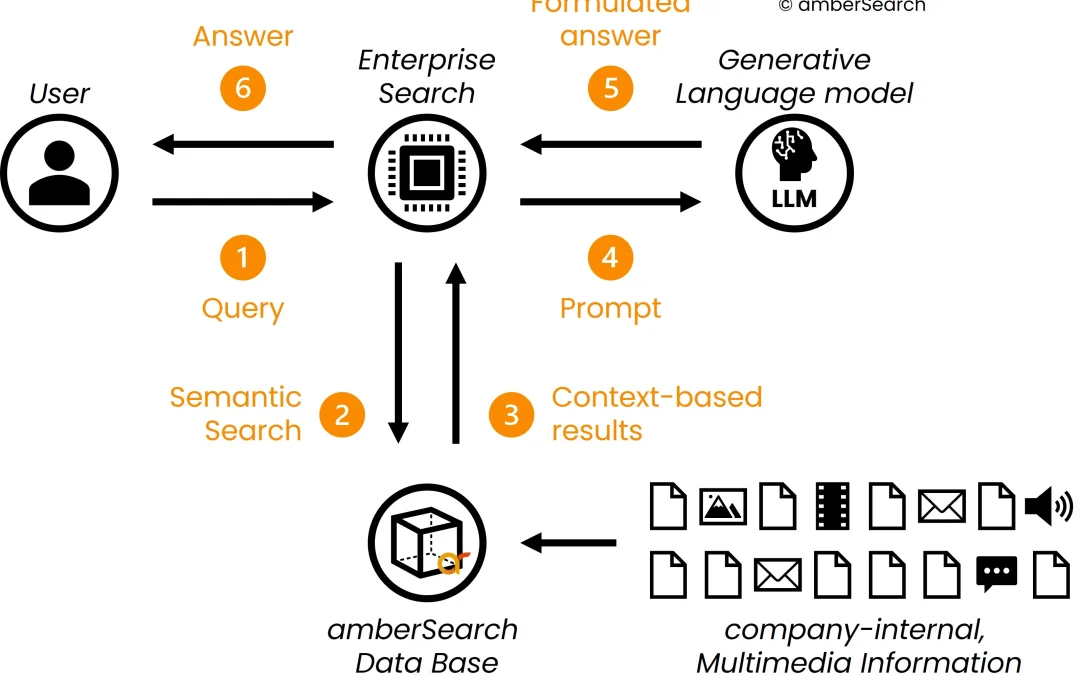
- “Improving Language Understanding by Generative Pre-Training” by Radford et al. (2018): This is the paper that introduced the first version of the GPT model. It laid the foundation for the use of transformer-based models in natural language processing.
- “Language Models are Unsupervised Multitask Learners” by Radford et al. (2019): This paper presents GPT-2, an extension of the original GPT model, with significantly more parameters and trained on a larger dataset.
- “Language Models are Few-Shot Learners” by Brown et al. (2020): This paper introduces GPT-3, the third iteration in the GPT series. It highlights the model’s few-shot learning capabilities, where it performs tasks with minimal task-specific data.
- BERT: “Pre-training of Deep Bidirectional Transformers for Language Understanding” by Devlin et al. (2018): While not a GPT paper, this work by researchers at Google is a seminal paper in the field of LLMs. BERT introduced a new method of pre-training language representations that was revolutionary in the field.
- “Attention Is All You Need” by Vaswani et al. (2017): This paper, although not directly related to GPT, is crucial as it introduced the transformer architecture, which is the backbone of models like GPT-2 and GPT-3.
- “Exploring the Limits of Transfer Learning with a Unified Text-to-Text Transformer” by Raffel et al. (2019): This paper from Google researchers presents the T5 model, which treats every language problem as a text-to-text problem, providing a unified framework for various NLP tasks.
- “XLNet: Generalized Autoregressive Pretraining for Language Understanding” by Yang et al. (2019): XLNet is another important model in the LLM domain, which outperformed BERT on several benchmarks by using a generalized autoregressive pretraining method.
- “ERNIE: Enhanced Representation through Knowledge Integration” by Sun et al. (2019): Developed by Baidu, ERNIE is an LLM that integrates lexical, syntactic, and semantic information effectively, showing significant improvements over BERT in various NLP tasks

Leave a Reply